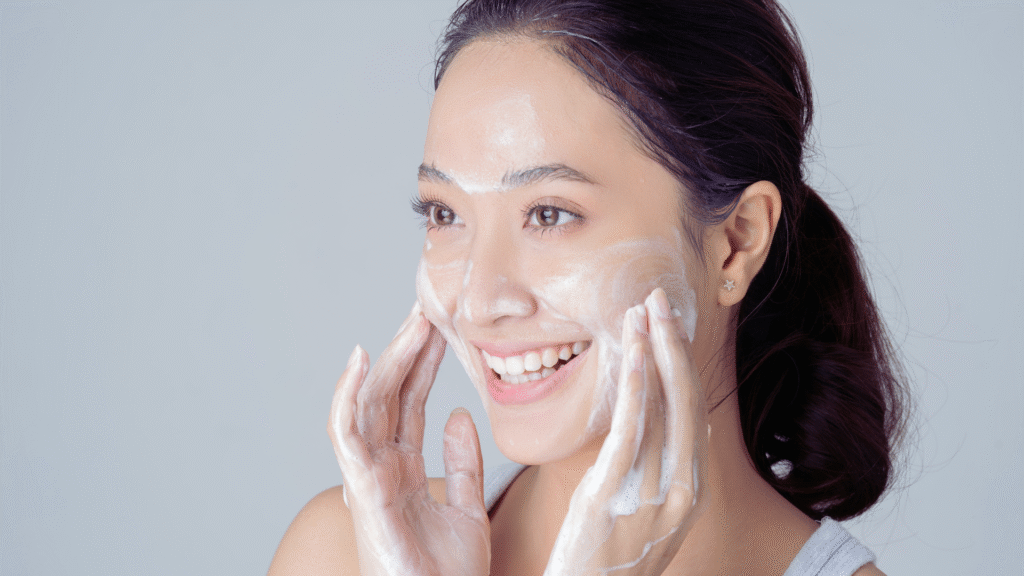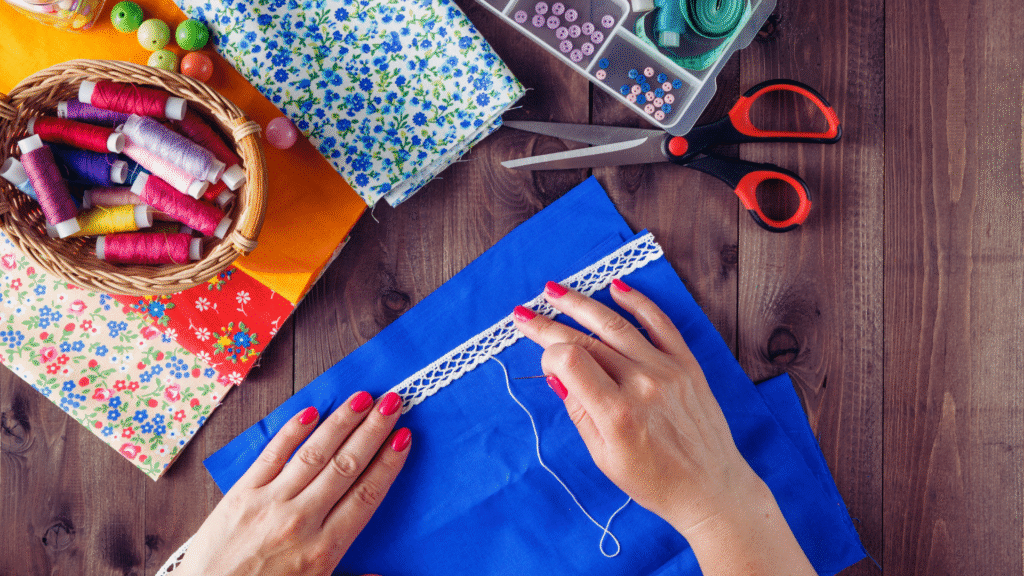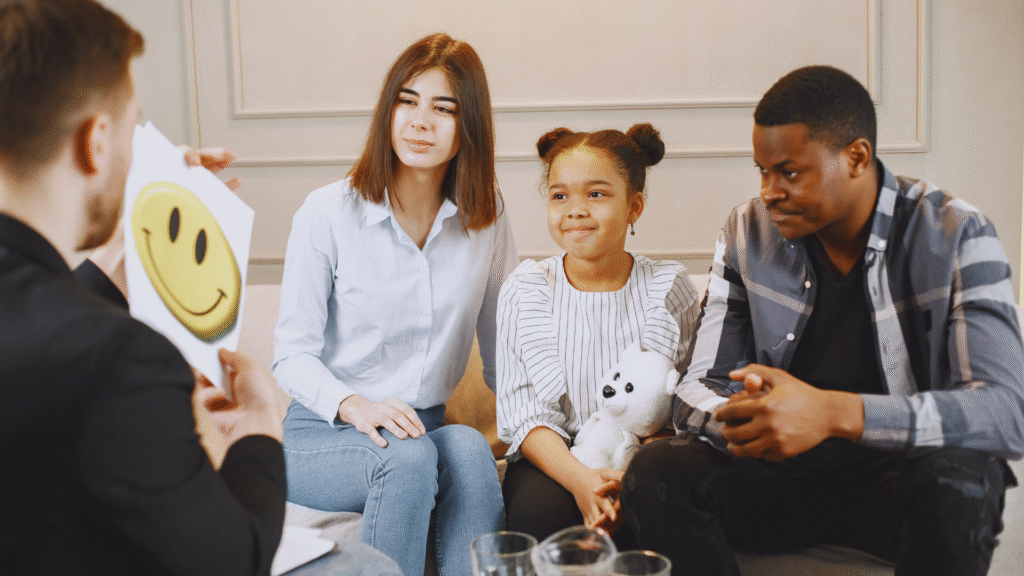Self-care rituals play a crucial role in enhancing creativity. Engaging in regular self-care not only rejuvenates the mind but also fosters an environment where creative thoughts can flourish. By dedicating time to activities that nurture the body and soul, individuals can unlock new perspectives and inspiration.
Incorporating simple practices such as meditation, journaling, or nature walks can significantly stimulate creative thinking. These rituals help clear mental clutter, allowing for ideas to surface without distraction. By prioritising self-care, one can harness creativity with greater ease.
Understanding the connection between self-care and creativity can lead to profound changes in how one approaches problem-solving and artistic endeavours. Embracing these rituals not only enhances personal well-being but also enriches the creative process.
Establishing a Self-Care Routine
Creating a structured self-care routine can significantly enhance creativity by improving focus and mental health. A well-defined schedule allows for regular periods of rest and mindfulness, which are crucial for nurturing creative thoughts.
Setting the Right Schedule
An effective self-care routine begins with setting a consistent schedule. Allocating specific times for creative activities, relaxation, and self-care can instil a sense of purpose.
Consider establishing a daily planner or using digital tools for reminders. He or she should aim to block out time dedicated to creativity, ensuring that distractions are minimised.
A typical schedule could include:
- Morning: Dedicated creative time (1-2 hours)
- Midday: Break for physical activity
- Afternoon: Rest or light reading
- Evening: Mindfulness practice
Sticking to a routine can lead to improved mental clarity and enhanced creative output.
The Role of Rest in Creativity
Rest is vital for maintaining creativity. Adequate sleep and downtime allow the brain to recharge, facilitating better problem-solving and innovative thinking.
Incorporating short breaks throughout the day can provide necessary mental rest. Techniques such as the Pomodoro Technique, which involves focused work sessions followed by brief breaks, can help in sustaining attention and creativity.
During rest periods, engaging in light activities, such as walking or stretching, promotes physical health and mental rejuvenation. He or she should note that fatigue can stifle creativity, making rest a priority.
Incorporating Meditation and Mindfulness
Integrating meditation and mindfulness into a self-care routine can significantly enhance creativity. These practices help clear the mind and sharpen focus, enabling individuals to tap into their creative potential.
Dedicate time each day to mindfulness techniques, like guided meditation or deep-breathing exercises. Even 10-15 minutes can yield benefits in reducing stress and anxiety.
Using resources, such as smartphone apps or community classes, can help develop these skills. The consistent practice of mindfulness fosters an open mindset and encourages innovative thinking, making it an essential component of a self-care routine.
Cultivating Inspiration and Managing Distractions
Maintaining creativity involves a balance between drawing inspiration and minimising distractions. Identifying sources of inspiration can significantly enhance the creative process, while developing habits to manage distractions helps maintain focus and flow.
Finding Your Source of Inspiration
Inspiration can vary significantly from person to person. For some, nature offers the best stimuli; for others, art or literature may spark creativity. Regularly exploring different environments can help identify what resonates most.
Engaging with diverse experiences—such as attending workshops, visiting museums, or participating in new activities, can expand creative boundaries. Keeping an inspiration journal allows for capturing fleeting ideas and reflecting on what inspires.
Additionally, surrounding oneself with creative individuals can foster collaboration. Joining creative communities, whether online or offline, can provide support and fresh perspectives. This variety heightens the potential for innovative thought.
Techniques to Minimise Distractions
Establishing an environment conducive to concentration is vital. A dedicated workspace, free from clutter, can help promote focus. Consider using tools like website blockers to limit access to distracting sites during creative sessions.
Creating structured routines can also aid in managing distractions. Setting specific times for focused work reduces the risk of interruptions. Techniques such as the Pomodoro Technique, which involves 25-minute work intervals followed by short breaks, can enhance productivity.
Limiting multitasking is another effective strategy. Staying committed to one task at a time allows for deeper immersion into the creative process. Furthermore, incorporating regular breaks can refresh the mind, helping maintain flow and inspiration.
Addressing Stress and Sleep for Enhanced Creativity
Stress and sleep are crucial factors that significantly influence creativity. By managing stress and ensuring adequate sleep, individuals can improve their mental well-being, paving the way for a more creative mindset.
Impact of Stress on the Creative Process
Stress can hinder creativity by creating mental blocks. High stress levels often lead to anxiety, which distracts from the creative process and inhibits flexible thinking. Individuals under stress may struggle to generate new ideas or explore different perspectives.
When stress becomes chronic, it can affect cognitive function, reducing the ability to connect diverse concepts. This restricts creative flow and can lead to a vicious cycle where stress further diminishes creativity.
Effective stress management techniques, such as mindfulness meditation or engaging in physical activities, can help alleviate these issues. By incorporating these habits, individuals can create a more conducive environment for creativity to flourish.
Overcoming Insomnia to Recharge Creativity
Insomnia directly affects mental clarity and creative potential. A lack of sleep can lead to fatigue, reduced focus, and impaired problem-solving skills. These issues can severely limit an individual’s ability to think creatively.
Establishing healthy sleep habits is essential. Creating a consistent sleep schedule, minimising screen time before bed, and practising relaxation techniques can enhance sleep quality.
Additionally, implementing a calming bedtime routine, which may include reading or gentle stretches, can signal the body to wind down. By prioritising rest, individuals can recharge their minds, allowing for improved cognitive functions and, ultimately, enhanced creativity.





